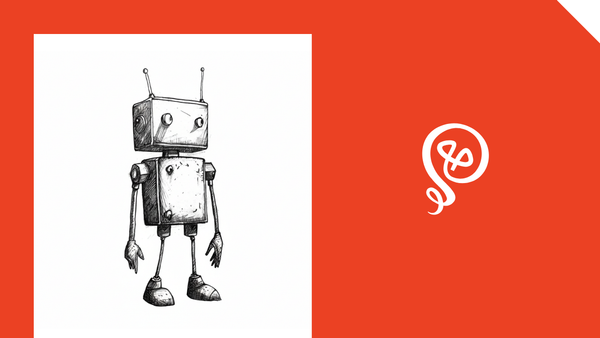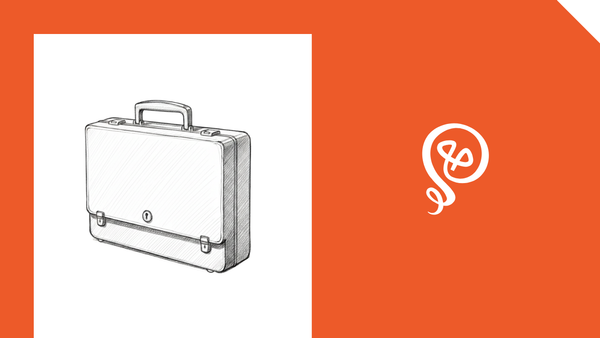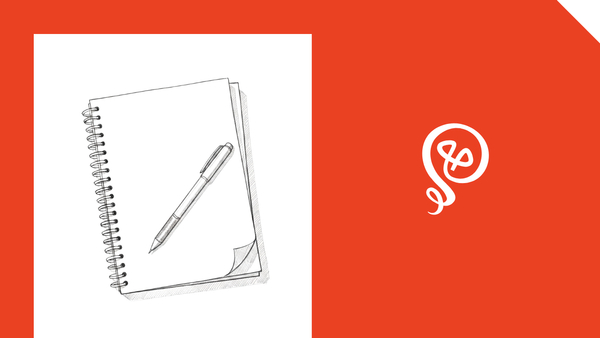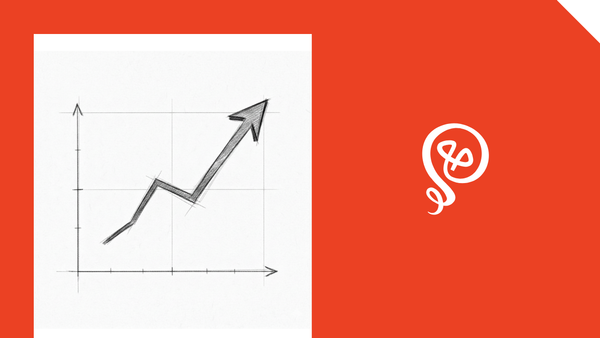How to Choose a Bank For Your Freelance Business
Your bank should not be an additional source of stress.

I am a financial geek. I spent 20 years in banking and fintech before deciding to make a hard career pivot into content marketing and journalism. I do things like make budgets for fun. Managing the finances of my freelance business gave me no pause because I knew what I needed to do.
Of the many tools in a freelancer’s tech stack, a bank is a big one. At the recommendation of a fellow freelancer, I chose a neobank that was geared toward small businesses. Neobanks are essentially fintechs that are backed by brick-and-mortar banks. It had connections to apps like Stripe and PayPal. Online banking and the mobile app were pretty sleek, and I could set aside “reserves” to make sure that my account always had money to pay my freelance bills.
Then I got an email one day that my reserves had been overdrawn. I was immediately confused because I wasn’t expecting any activity on the account. I logged in and my account balance was $0.00. Cue panic.
Because I’ve worked in banking-related fields, I was familiar with the Chime story: a neobank that randomly closed customer accounts and made it difficult for people to get their money back. I thought I had found myself in a Chime situation. I immediately contacted customer support.
Two days later, I got a response that what I’d seen on my account had been a “technical glitch.” My money was back, but my confidence in the bank was gone. I immediately moved my money to another bank.
Freelancing is hard enough: your bank should not be an additional source of stress. Even with my banking background, I still made a bad decision when choosing a bank.
Here’s how you can avoid the same mistake.
Separate your business and personal finances
First things first: why do you need a bank as a freelancer? If you’re just starting out (like I was), you may think that your existing bank account is good enough.
However, it’s in your best interests to have a separate bank account for everything related to your business. It makes tracking your income and expenses for tax purposes is much easier.
I also have a credit card that I use solely for business expenses. Money comes in from clients, I pay my business credit card, and the rest gets transferred to my personal checking account. Easy.
I use Quickbooks Self-Employed, which allows me to send invoices to clients and collect payments via direct bank transfer or credit card. There are also products like Honeybook and Freshbooks that have more features. For any bank you choose, you should consider its ability to integrate with other products you use.
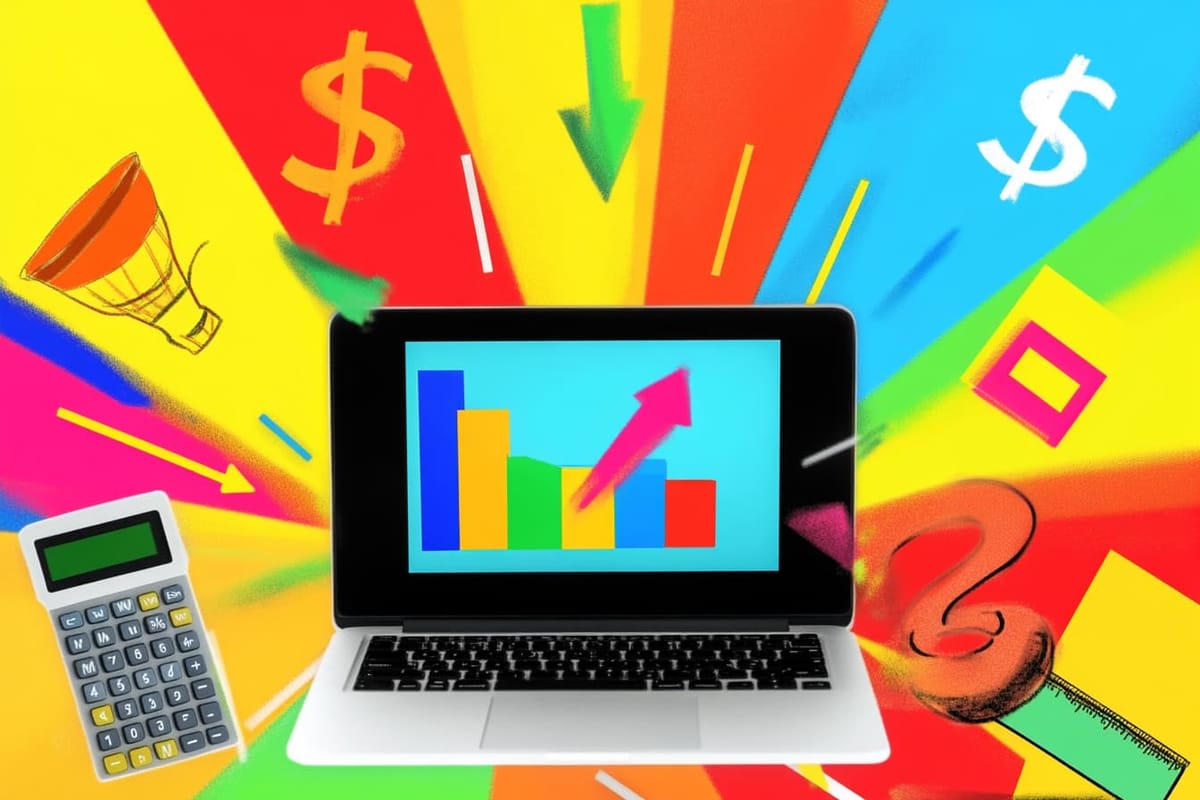
The rise (and fall) of neobanks
Your choices for banking used to be straightforward: bank or credit union.
But the last few years have seen the creation of non-bank banks (aka neobanks). Companies like Chime and Current position themselves as “banking, but not a bank.” With the burgeoning creator economy, features like no hidden fees and easy ACH transfer are attractive.
So how do neobanks work? In a nutshell, fintechs partner with an FDIC-insured bank. Your account is held at the bank, but the fintech provides access to the account as well as any customer service.
Integration exists between the fintech and the bank, connecting “what you see” in the app with your account information at the bank.
Here’s the problem: the fintech is adding another layer. Rather than opening an app and looking directly at your bank account, you are opening the app and relying on the fintech’s software engineers to correctly display the data from the bank.
In decades of banking with traditional banks and credit unions, I never had an issue with my account information. I trusted, without even thinking about it, that the amount that I saw on the screen was the amount I had in my account.
My experience with a neobank showed me the pitfalls of a neobank. The “technical glitch” lasted about 8 hours, and during that time my account showed $0.00. My money was still there, in the FDIC-insured bank holding my account, but I didn’t have access to it. That wouldn’t have happened with a bank.
Choosing a bank or a credit union
If you decide that a traditional bank or a credit union is the way to go, how do you pick one?
I’ve spent the majority of my career working with community banks. They are the epitome of a small business: great customer service and reinvesting in the economy. Deposits made at community banks turn into loans to local businesses. Some community banks are larger — they may serve multiple states, for example — but they usually embrace the spirit of community banking. Some community banks are even mission-driven, focusing on climate-related causes or supporting nonprofits.
I personally loathe big banks, like Wells Fargo. They’re so large that they don’t care about individual customers: they only care about volume. Case in point: the lawsuit brought against Wells Fargo for defrauding customers.
But here’s the rub. When it comes to technology, your experience at a large bank is a given. They’ll have robust, easy-to-use online and mobile banking. Many community banks are woefully behind on technology. The user experience might be clunky at best and frustrating at worse.
Some community banks have prioritized the customer experience and invested in top-of-the-line technology. Often, there’s no way to tell until you sign up for an account and access online banking for the first time.
Credit unions are very similar to community banks. Usually, membership only requires that you live in the zip codes that the credit union services. For many reasons (too long to explain here), credit unions are frequently more tech-savvy than their bank counterparts. So if you’re looking to bank local, be sure to check out both community bank and credit union options.
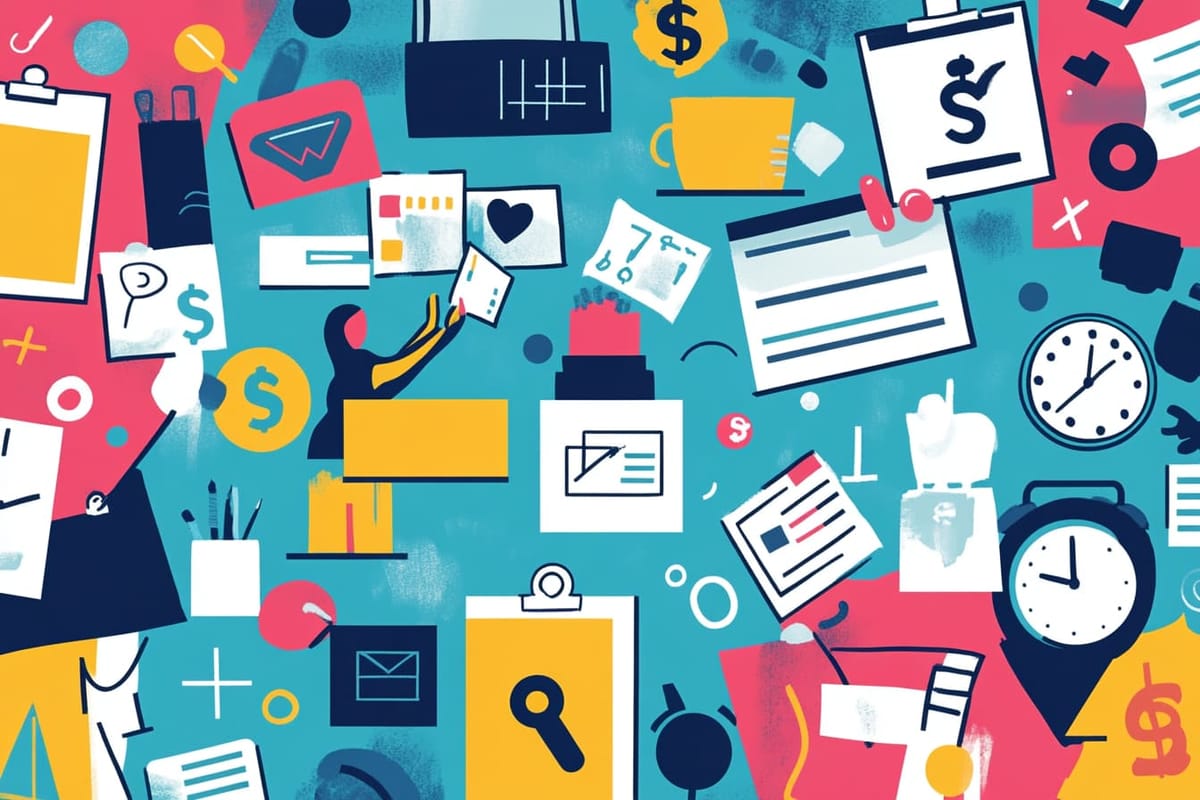
The banking must-haves for a freelancer
After leaving my neobanks, I opened an account with a community bank in Iowa. I chose a mission-driven bank that I wanted to support.
But the online account opening experience was terrible. I gave the bank the benefit of the doubt that online banking would be better, but it wasn’t. It had all the shine of an online banking experience that was popular 15 years ago.
So I’ll be moving my money again. The bank I choose is important enough to me that I’ll take the time to bounce around. If you don’t have that kind of time — go with a big bank. At least you’ll know what you’re getting.
But if you want to support your community, I encourage you to find the hidden gem of a community bank or credit union with a fantastic online banking experience. Sometimes your tasks as a freelancer may require a little extra effort, for a short period of time, and this one might be worth your time.
This article is for informational purposes only. It should not be considered Financial or Legal Advice. Consult a financial professional before making any major financial decisions.
Check out my free eBook: 17 Smart Tools Solopreneurs Need to Start, Grow, and Scale




